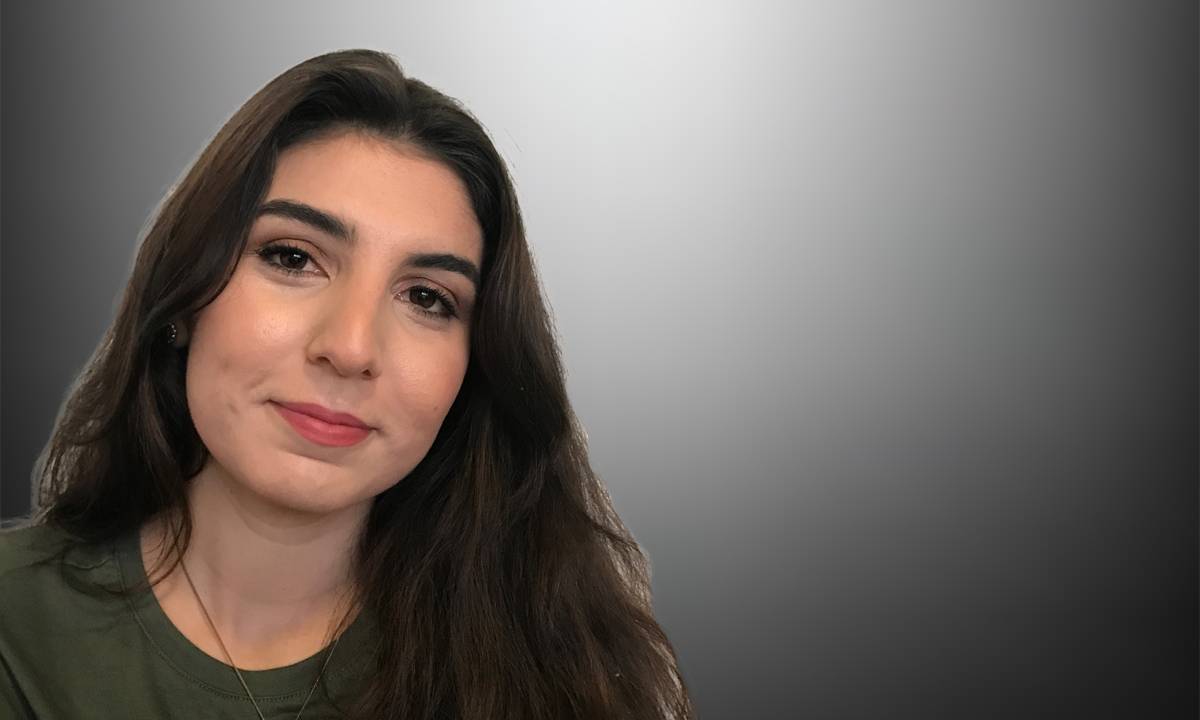IN what is believed to be the first gathering of its kind, 20 Indigenous junior doctors from New South Wales and final-year medical students came together for the Aboriginal Trainee Doctors Forum at the Redfern National Centre of Indigenous Excellence in Sydney in March 2017.
The forum was created by Louise Cook, the manager of the Health and Education Training Institute (HETI). When an Aboriginal doctor resigned after only one month of internship, Louise decided to create a network of support for junior Indigenous doctors.
It is too common a story.
When I began medical school, there were 12 Indigenous people in my cohort. Four graduated and one has since taken leave from practising due to the intense working environments experienced as a junior doctor. This has happened to many of my colleagues. After completing gruelling medical school, being displaced from our communities and families, many of us are deciding to leave medicine, just as the dream of being a doctor is starting. The question is, what went wrong and how can we help?
Our numbers continue to grow, with 281 medical practitioners employed in Australia who identify as Aboriginal or Torres Strait Islander.
The Aboriginal Trainee Doctors Forum invites final-year medical students through to doctors in their pre-vocational training to come together twice a year for cultural, medical and professional development and replenishment. After being on the sterile ward, it’s reinvigorating to participate in smoking ceremonies, reconnect to our traditions and celebrate our culture. These acts unanimously confirm our reasoning for becoming doctors and reignite our original passion for Indigenous health.
The forum is a sacred, confidential space for its members to explore issues we experience: racism, distance from our families and communities, stressors of the work environment, sadness we feel for our patients, being representatives for the Indigenous population while being a doctor and wanting to make our community proud. We have an innate mutual understanding of our passion and drive to improve Indigenous health, family and community commitments and find the mythical balance.
At the most recent forum, with the largest attendance on record, participants gathered from Sydney, Canberra, Newcastle and Coffs Harbour.
Charles Davison, project leader of the Aboriginal Workforce Strategic Framework for NSW Health, reflected on the progress made in one generation, just a street away from where the Redfern Aboriginal Medical Service Cooperative was opened in 1971.
It may seem odd that we have our own forum. But I would say, you should join the Australian Indigenous Doctors’ Association (AIDA), get to know your Indigenous colleagues and find out what different and difficult issues we face. You can join AIDA online and you are welcome to come along to the annual conference, this year themed Family, unity, success. You can become a mentor with AIDA or within your specialty college. The Australian Medical Association provides support through with the Indigenous Medical Scholarship.
The forum is supported by HETI, the Ministry of Health, AIDA, the HETI Junior Medical Officer Forum and NSW Health and their Aboriginal Workforce Unit.
The next forum will be held in late October 2017 at the National Centre of Indigenous Excellence in Redfern.
Dr Mikayla Couch is a Bundjalung woman from Tweed Heads and works as a resident at Prince of Wales Hospital, Sydney.
To find a doctor, or a job, to use GP Desktop and Doctors Health, book and track your CPD, and buy textbooks and guidelines, visit doctorportal.

 more_vert
more_vert
Ref: Letford T. 2017. On a sensitive issue. Spectator Australia; July 1. p.viii
Definately a step forward in the narrowing divide of indigenous & mainstream health…
so promising to see indigenous people entering the healthcare professions as this is, & will be, greatly needed in the future of Aboriginal culture…
also enlightening to see that the health professions are listening to the Aboriginal people explaining the need for their own health care areas for their own health care issues…
understanding complex backgrounds & cultures is something our caucasian healthcare mob could well learn from their indigenous counterparts.